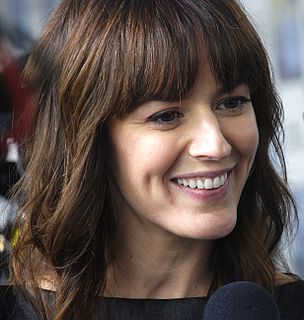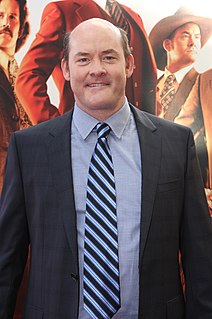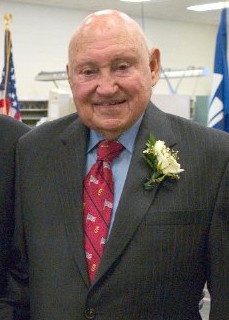A Quote by Alesha Dixon
Every young person needs to have a character that they can identify with and feel included by.
Related Quotes
First person allows deeper insight into the protagonist's character. It allows the reader to identify more fully with the protagonist and to share her world quite intimately. So it suits a story focused on one character's personal journey. However, first person shuts out insights into other characters.
But I always need to identify with a character to write about him or her - and by "identify," I mean see the world through that person's eyes and have a strong sense of the inner logic of their acts and decisions, wacky or wrongheaded though they might be. In that sense, I think there's some of me in all of them.
But I always need to identify with a character to write about him or her - and by 'identify,' I mean see the world through that person's eyes and have a strong sense of the inner logic of their acts and decisions, wacky or wrongheaded though they might be. In that sense, I think there's some of me in all of them.


































